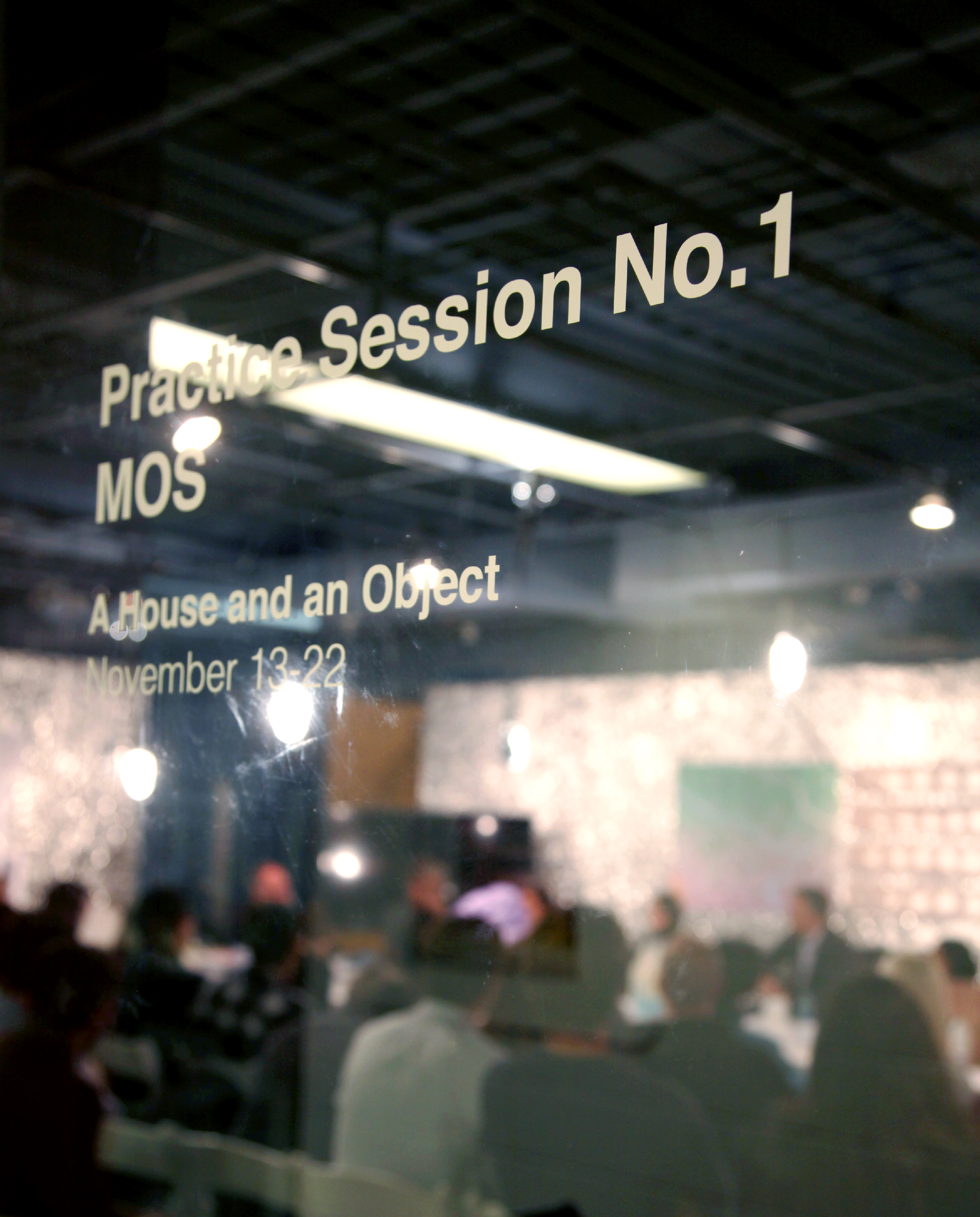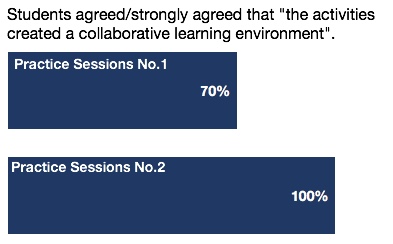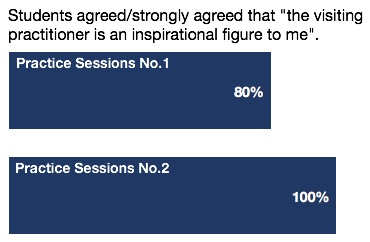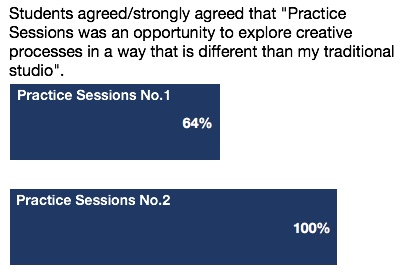Three-day intensive workshops, bringing practice into the academy
Practice Sessions
Ellie Abrons
Practice Sessions transforms the traditional course of study in architecture and allied disciplines through short, immersive workshops where students collaborate with visiting experts to address problems in contemporary design. Practice Sessions is based on the idea that students can be valuable collaborators alongside the best practitioners in the field, if the working relationship between student and expert is designed in the right way.
- Capitalizing on proven methods of short-term, intensive learning, fostering the creation of public intellectuals, and encouraging communal entrepreneurship
- To bring practice into the academy, collaborating together to address difficult problems using experimental techniques
To learn more, please visit the Practice Sessions website
Practice Sessions asserts that transformative change in education can be instigated by pairing students with an inspirational figure to solve problems that have real, observable, and relevant consequences in academia and "real world" practice. It is not a a new theory of change, per se, but a strategic coupling of three key factors previously demonstrated to both motivate and sustain change over an extended period of time.
- Contact with an inspiring future or experience is a frequently cited motivator of change, but on its own does not give audience members a stake in the outcome.
- Practice or simulated experiences like internships, job shadows, and role playing exercises have been shown to increase the probability of changing longer-term behaviors, but they lack an initial motivating event.
- Ability to observe the impact of work in real time is linked to behavioral change, but in conventional education it takes a very long time to see one's efforts transform the discipline.
The strength of Practice Sessions lies in linking these three key experiences together to induce meaningful persistent change. Practice Sessions is replicable to almost any unit on campus with a disciplinary history of studio culture, laboratory work, or a master-apprentice model of professional induction.
Generally, Practice Sessions seeks to develop pedagogy in three domains: (1) to provide high-intensity, short-term structured learning experiences for students; (2) to allow students to engage with architectural challenges of broad public significance under the guidance of leading practitioners in the field and (3) to foster students’ entrepreneurial skills and a deeper appreciation for creativity as the product of group collaboration rather than personal “genius.” The assessment plan aligns along these three domains.
- Entrance/exit surveys of students and focus groups with students are used to assess students' experiences and learning outcomes.
- End-of-session juries are used to assess student work accomplished during the three-day intensive workshops.
- Alumni surveys are used to assess placement and employment history, as well as membership in community and professional organizations of recent graduates, comparing students who participated in Practice Sessions and students who did not participate.
Read more about the full assessment plan.

Student exit surveys showed improvement between the first and second Practice Sessions

“[It was a] chance to meet and work with students who are in other programs/at different levels in the program – we could learn from the group dynamic. Many groups were able to leave their preconceptions at the door and work as a group.”

“The conversations with [the visiting practitioner] were the most valuable aspect of the whole workshop”

“It was an experience unlike anything I’ve done in studio, and allowed me to explore an idea without having to commit to an entire semester of research”

